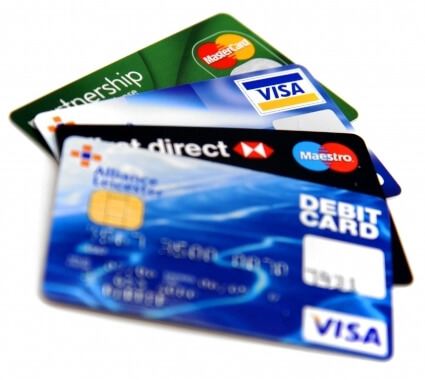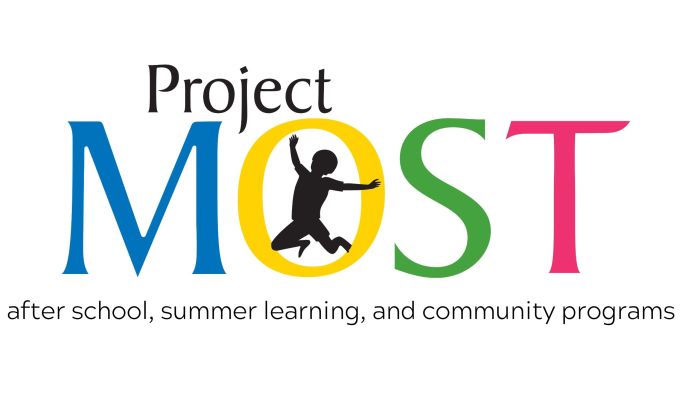 You didn’t get into a credit mess overnight, so don’t expect to get out of it quickly.
You didn’t get into a credit mess overnight, so don’t expect to get out of it quickly.
Although it will take time to bring your credit score up, don’t let that deter you from getting started on your New Year’s resolution. You won’t vault from the depths to the top of the heap in a few months, but you can make significant gains. Making the effort should help you get your overall finances in order.
Credit scores are an integral part of everyone’s financial life, yet the ratings remain a mystery to many. Nearly 60 percent of respondents to a Visa Inc. survey last year incorrectly believed that employment history was factored into scores, and almost 59 percent mistakenly thought the interest rates on their current debts played a role.
Those elements are important when it comes to the ability to pay debt, but are not part of a credit score. Neither are other factors like race, age or gender.
The most commonly used scoring system is produced by FICO Inc., and uses a range between 300 and 850. One individual can have several FICO scores. That’s because the company creates a separate mathematical formula for scoring various types of lending, like mortgages, credit cards and auto loans — as well as other financial transactions, such as insurance. All FICO scores weigh factors like payment history, amounts owed, length of credit history, how much new credit a borrower has sought recently and the types of credit used (mortgages, credit cards, auto loans and so forth).
These details are found on your credit report, the dossier compiled by credit reporting agencies on your borrowing and payment history. There are three main credit reporting agencies, Equifax and Experian, and TransUnion, each of which may have data provided by different sources.
It’s also important to know how the credit scores that lenders use — like FICO — vary from the “educational” scores peddled by the credit reporting agencies and other companies, said Liz Weston, author of “Your Credit Score.”
Educational scores will tell you the ballpark your credit history puts you in, but are not the scores that banks use to make lending decisions. These scores also use a different scale. That means it’s important to make sure you’re clear about how an educational score relates to the range of FICO scores. Several websites charge for educational scores, but you can get a free one at www.creditkarma.com .
Here are some steps you can take to improve your score:
1. Get a free copy of your credit reports from Equifax, Experian and TransUnion, via www.annualcreditreport.com . Read them carefully to make sure all of the information is accurate, and check for items that can damage your score, such as outstanding bills and judgments against you.
Clear up any problems, and contact the agency about any mistakes, especially if you find accounts that are not yours. Pay attention to accurate but problematic information to learn which steps you should take to clean up your report.
2. Whether you pay your bills on time accounts for as much as 35 percent of a FICO score, the single biggest factor. Start making on-time payments on all your accounts this month. Even if you can just meet the minimum, you’ll be taking a big step on the road to repair.
3. Come up with a plan to pay down as much debt as possible. You should start with revolving debt like credit cards, then move on to other borrowing like auto loans, advises Barry Paperno, consumer affairs manager for Myfico.com. By paying off debt, you’ll reduce your credit utilization, or the percentage of available credit that you’re using. This will help boost your score.
But don’t close any accounts once they’re paid, or you’ll reduce the amount of credit you have available, which could increase your utilization rate and hurt your score in the short run.
FOR MORE: Listen to the FDIC’s Money Smart podcasts on credit, found at www.fdicmspodcast.com .
AVOID: Credit repair firms come with a price tag, but they can’t do anything to repair your credit that you can’t do yourself.
CALL: If you need help setting up a debt payment plan, find a nonprofit counseling agency through The National Foundation for Credit Counseling at 800-388-2227 or www.nfcc.org ; or the Association of Independent Consumer Credit Counseling Agencies at 866-703-8787 or www.aiccca.org .
Copyright 2012 The Associated Press.























